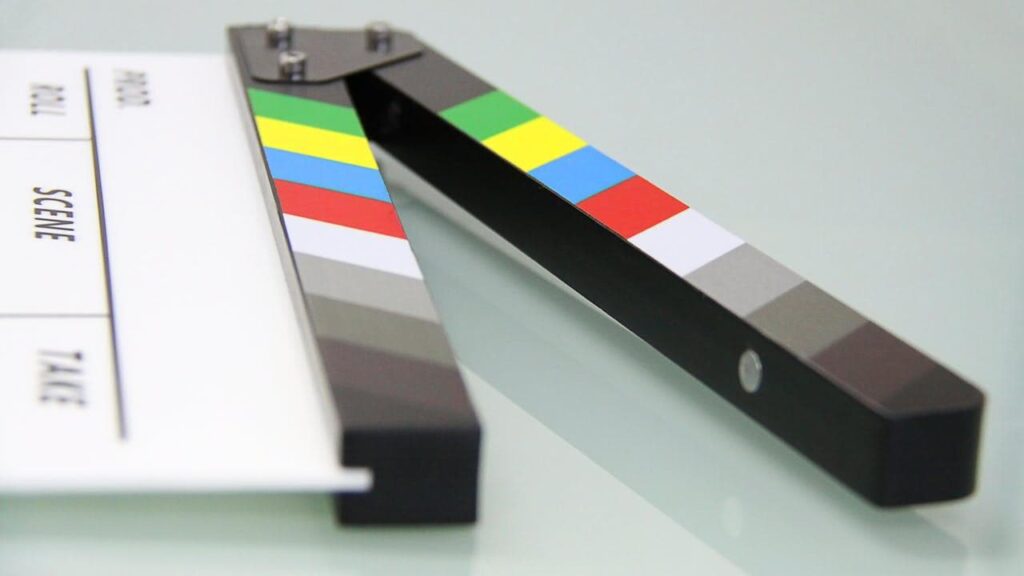In the vast landscape of cinematic storytelling, the genre of family practice movies has carved out a unique niche. These films delve into the intricate dynamics of family life, portraying the joys, struggles, and complexities that come with the ties that bind. From heartwarming tales of unity to gripping narratives of conflict, family practice movies provide audiences with a mirror to reflect on their own familial experiences. This article explores the significance of family practice movies, examining how they capture the essence of human relationships and resonate with viewers on a deeply personal level.
The Power of Portrayal
Family practice movies have the ability to portray the diverse spectrum of family dynamics with nuance and authenticity. They showcase the highs and lows, the laughter and tears, and the growth that occurs within familial relationships. These films often become a lens through which viewers can examine their own experiences, fostering empathy and understanding. Whether it’s a comedy that tickles the funny bone or a drama that tugs at the heartstrings, family practice movies create a connection by reflecting the shared human experience of navigating the intricate tapestry of family life.
Exploring Themes of Unity
One recurring theme in family practice movies is the celebration of unity within the family. These films highlight the importance of coming together in times of adversity, emphasizing the strength that familial bonds can provide. Whether it’s overcoming financial struggles, navigating cultural differences, or facing external challenges, family practice movies often convey the message that, in the face of adversity, the support and love of family can be a powerful force.
Navigating Generational Shifts
Another aspect frequently explored in family practice movies is the impact of generational shifts on family dynamics. These films shed light on the evolving nature of familial relationships, showcasing how different generations navigate changing societal norms, values, and expectations. Through compelling narratives, family practice movies provide insights into the challenges and triumphs of bridging the generation gap, offering a reflection of real-life struggles and victories.

Conflict and Resolution
However, not all family practice movies focus solely on the harmonious aspects of family life. Many delve into the complexities of familial conflict, addressing issues such as sibling rivalry, parental expectations, and communication breakdowns. These films serve as a mirror to the challenges that families often face, portraying raw and authentic portrayals of disagreement and tension. Importantly, family practice movies don’t shy away from depicting the messy reality of family life but also offer hope and resolution, emphasizing the importance of communication and understanding in overcoming conflicts.
The Evolution of Family Practice Movies
Over the years, family practice movies have evolved, reflecting the changing dynamics of society. Modern family practice films often explore non-traditional family structures, challenging conventional norms and broadening the definition of what constitutes a family. These movies tackle themes such as blended families, same-sex parenting, and unconventional living arrangements, contributing to a more inclusive representation of familial relationships on the big screen. The evolution of family practice movies mirrors society’s growing acceptance and recognition of diverse family structures, making them not only entertaining but also socially relevant.
Impact on Audiences
The impact of family practice movies on audiences is profound. Viewers often find solace in seeing their own experiences mirrored on screen, realizing that they are not alone in their struggles and triumphs. These films have the power to initiate important conversations about family dynamics, fostering a deeper understanding of the complexities that come with familial relationships. Additionally, family practice movies can serve as a source of inspiration, encouraging viewers to reflect on their own relationships and work towards strengthening the bonds with their loved ones.
In the vast landscape of cinema, family practice movies stand out as a powerful and relatable genre that explores the intricate web of human connections. Through their portrayal of unity, generational shifts, and conflict resolution, these films provide audiences with a glimpse into the diverse facets of family life. As viewers, we find ourselves not only entertained but also enlightened by the reflections of our own experiences on the screen. The impact of family practice movies extends beyond the realm of entertainment, leaving a lasting impression on our understanding of the profound significance of familial bonds. In the end, these movies remind us that, no matter how complex or challenging, the ties that bind us to our families are an integral part of the human experience.






